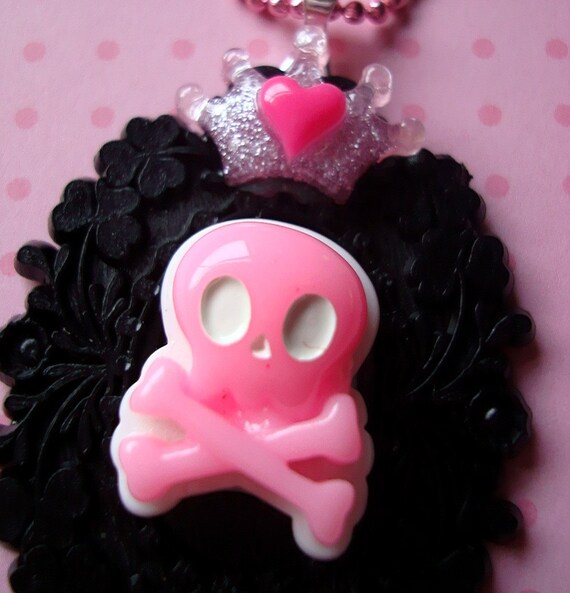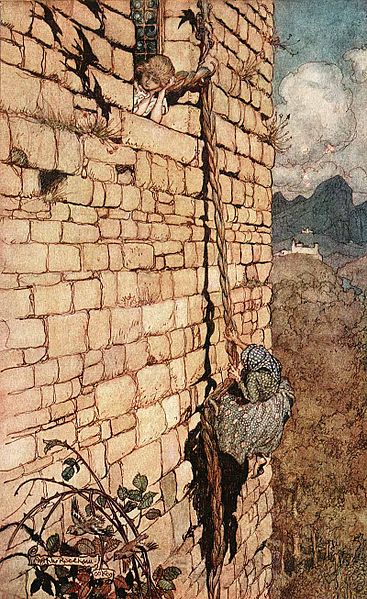That's what we all want, right ladies? To be told we are beautiful and to be treated like a princess. Adverts tells us this, film tells us this, I've even seen 'self-help' books and books about being a Christian woman built around the idea that every woman just wants to be a princess (please note, I have never opened this book and after reading the blurb I'm not going to). Now admittedly this is partially true - we are all fearfully and wonderfully made, and if God is King then as His daughters we are all princesses by definition - but in western culture the word princess comes with a pretty specific job description.
It's the job description I have a problem with.
Now maybe it's just my tomboyish childhood (oldest of four kids, co-opted for helping Dad with the DIY, tree-climbing, archery lessons, hours spent reading books which statistically have a higher proportion of male protagonists - the very fact that they are protagonists makes them more likely to be male) but the idea of a being a princess never really appealed to me.
 |
| This is first image that appeared when I googled 'Princess'. It makes me want to stab myself in the eye with a spork. |
 |
| Ok, that's better. We can move on now |
Maybe I wouldn't mind being a princess so much if it didn't come with all the pink. I have no issue with pink in itself but what makes it my defining colour? Men and women absolutely are different; biologically and chemically it's been proven, but taking it this far is just silly. I feel like I'm being asked to wear a uniform in case someone fails to notice I'm female. There's also the culture that comes with it; an overindulgent slightly bratty attitude that sweet little girls should be given everything they want just like a princess, regardless of whether it rots their teeth, affects their expectations of their career choices, or promotes an unhealthy self-image that will plague them through their lives. And why are all these pink items so impractical? Shoes that damage your feet, skirts too tiny to do anything but shuffle along in, tops that seem designed to flash your cleavage to complete strangers. Maybe I should just cut my own foot off and save you the time and effort of hobbling me with clothing.
It's hard to walk into any shop without seeing something 'designed for women' that only comes in pink. I went to buy a proper walking rucksack a few months ago and quickly picked out the design I was looking for. Lots of pockets, decent back support, buckles and straps, yes this would do nicely. When I took my purchase to the till the shop assistant informed me "You know, we have some women's backpacks over on that side." I glanced over and the backpack itself was exactly the same... except for one thing. I gave the assistant my best patronising eyebrow-raise. "Are they for women because they're pink?" He shuffled uncomfortably and looked away.
 |
| Oh look, the head of a dismembered corpse. But that's ok for small girls as long as it's pink. Right? |
2. Damsels in Distress
Having dressed our princess in the pinkest, frilliest outfit we can find, we need to take her home. And where does a princess live? That's right, in a tower or, if they've not yet been kidnapped, a castle. High stone walls, cut off from the outside world, no occupation, no wider interests or skill sets other than dressing for parties. It's not wrong for women to want to look nice - we should be proud of the bodies we live in and look after them - but surely there's other things to think about too.
Once you're in that tower there's no getting out of it either. Every princess knows that you have to wait for a knight to come and free you, as if the knight didn't have his own business to be getting on with. He's got dragons to fight and quests to fulfill and probably other damsels to rescue as well, so us princesses had better find a seat and learn some new card games because it's probably going to take a while.
This thinking snuck into my reading habits too. My mum suggested I read the Nancy Drew books, starring a female amateur sleuth in a small town, but I found the endings unsatisfactory because the police always turned up and took over the arrest so I ended up filching The Hardy Boys series from my cousin where the brothers often had to team up and beat the criminals themselves. I identify more with C.S. Lewis' Peter Pevensie than Susan or Lucy. I love Tolkien's Samwise Gamgee for his courageous heart, Rosemary Sutcliffe's Esca for his selfless honour, and Robin Hood for his devotion to justice. I admire Alanna from Tamara Pierce's Song of the Lioness - the girl who equals her male companions to become a knight alongside them. As an adult she succesfully unites being a Lady with her with hard-earned callouses. I love the Arthurian legends, the Norse pantheon, the Greek and Celtic and Roman and Native American myths where strange things happen to people who don't expect it and don't always know what to do. I love characters who are redeemed from their sorry beginnings, or who are painfully aware of their own inadequacies but instead of staying shut away out of fear put their heads down and their hearts into their task as best they can. Even if they fear they can't win they still try. That's the kind of character that inspires me, regardless of gender, and that's the kind of person I want to be.
What are the characteristics of a princess? If Disney movies are anything to go by they are polite, genteel, usually friendly with animals. Their personalities are sweet and bubbly. Ok great, but what about those of us who aren't like that? What about the kick-ass princesses? The whip-smart repartee princesses? Where are my taking-the-business-world-by-storm princesses and my expert-neurosurgeon princesses, and my defending-civil-rights princesses? The ancient Egyptians represented the goddess who guards young children with a giant pregnant hippopotamus, and it wasn't a comment on their mother's weight. No sane man would come between a hippo and it's baby, and they viewed the ferocious love of a protective mother with the same healthy respect. Sometimes sweet and bubbly just won't cut the mustard.
 |
| Rapunzel, by Arthur Rackham |
In the Bible, a book most people think of as pretty traditional, there is a description of the ideal woman - oddly enough I couldn't find a noteworthy Biblical princess, but there is a selfless farm labourer, a courageous prostitute and a very lovely self-employed seamstress. Back then running a house and being a mother got more honour than it does now (because really, is there anyone who influences a nations future more than its Mums?), but that wasn't all she did. In Proverbs 31:10-31 a woman worth knowing is described as honouring God first, being a good business woman, a skilled craftsperson, a smart financial investor, a great manager, well dressed, resourceful, someone able to make and sell her own produce to earn her own money. She is a wise and caring friend and partner, a responsible parent, and someone who brings honour and respect to the family and neighbourhood. Now this is the 'ideal wife' so maybe doing all those things at once is a bit out of our reach, but the princess just sits in the tower and does nothing. Why wait? Why not start becoming something now?
4. Women with power
Although no reign is ever perfect England's history charts some fantastic queens. My A-level history class fell hard for Queen Elizabeth I, who succeeded the throne as the last survivor of three Tudor siblings. The plan was that she would marry and give England a new king but Liz had her own ideas and took on the role herself. Although she courted a lot of men she never did choose a husband, and deliberately left naming an heir as late as possible, making it hard to overthrow her. In an age when women were barely recognised this marvellous ginger monarch ruled alone and kept England safe from European conquest by dangling her single status in front of her Austrian, French, and Spanish suitors a bit like you'd dangle a carrot in front of a horse. (This is why you hear her referred to as the Virgin Queen - she made it her most prominent feature!)
Elizabeth was the first ruler in a long time to encourage religious tolerance between the Protestants and Catholics in England, her country faced invasion on multiple occasions, she made a world famous speech to her assembled troops (who were waiting to fight the Spanish) wearing armour over her gown, and her shrewd choice of heir united the old enemies England and Scotland under one king for the first time ever. She ran a country, and no one could accuse of her of being anything other than 100% woman. You'd better believe the men held doors open for her too, and not because they thought she couldn't do it herself. Rather than back down and marry off the responsibility of ruling to someone else, she took her vocation seriously. She was born a princess with no influence whatsoever, but as queen she ascended to become one of the most praised monarchs in British history.
 |
| Check out the epic sleeves. Those are not the sleeves of a woman who's going down quietly. |
Of course that's only assuming I don't make it as a Lady Knight first.


No comments:
Post a Comment